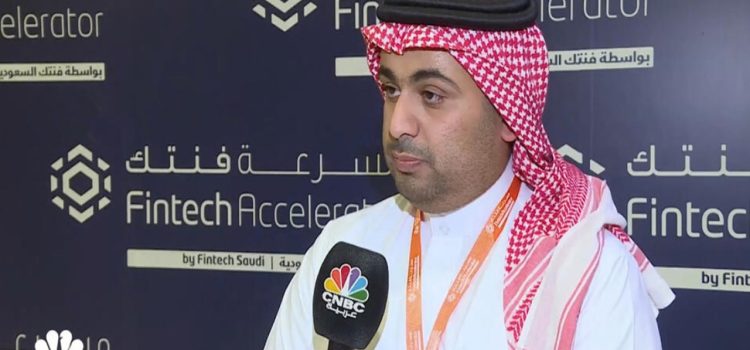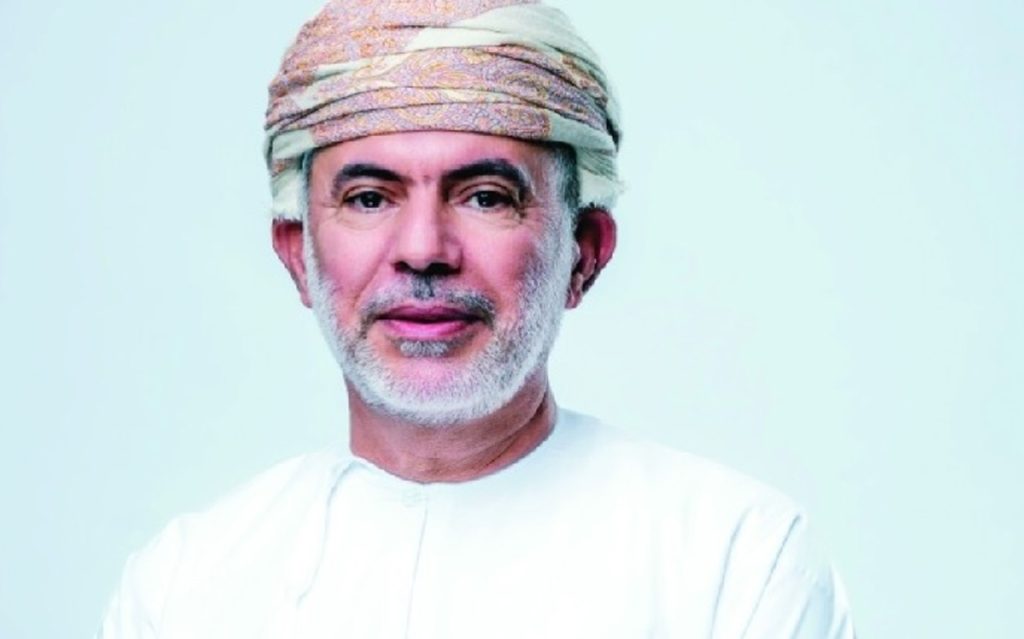
During DACOM (The Digital Asset Compliance and Market Integrity Summit) hosted by Solidus Labs, a crypto-native market surveillance and risk monitoring hub tailored for digital assets, in Abu Dhabi on May 4th 2023, Dubai’s virtual asset regulator CEO stated that only 50 percent of Dubai’s legacy VASPs (those who were operating before VARA was set up) applying for license at VARA will need to be regulated. He also talked about the opportunity to launch regulation and compliance as a service for small business and entrepreneurs.
Henson Orser, CEO of Dubai’s Virtual Asset Regulatory Authority, VARA, discussing VARA’s licensing journey with strong legal risk compliance, stated, “Currently we have three cohorts that are passing through several processes and routes to being fully licensed, the Minimum Viable product cohort that includes global operators who were with us from day one. There are also legacy VASPs (Virtual Asset Service Providers), several hundred of them who have been performing virtual asset activities in Dubai before VARA came along. We are in the process of registering them and believe half of them will need regulatory licenses.” He mentions that there are also new applicants who will join the regulatory process going forward.
Orser added, “VARA is offering a nuanced approach to virtual asset regulation that does not need to define a token or coin as a security or commodity to fall into an existing framework but covers any activity in a way that affords investor protection and have compliance in such a way that we hope other global regulators would be comfortable with by design and principle.”
According to Orser, VARA is currently looking at several hundred VASPs within their ecosystem which entails a lot of compliance and risk officers, as well as general counsels and legal advisors. He mentions given the fact that there are many micro businesses and entrepreneurs there is a great opportunity for regulation and compliance as a service offering. As he states, “Regulation and compliance as a service offering will mutualize cost and leverage expertise.”
Orser believes the most important thing is that VARA is building a hub of global financial services with innovation and technology at the cross roads of the world including within it a strong compliance risk management and legal framework which he says “ VARA will stand out as a foundational principle and will be a thriving fixture of the community.”
As for the future, Orser states that from a regulatory standpoint once there is a steady state on licensing, supervision, and enforcement for the three existing cohorts today, VARA given it is technology agnostic and a promoter of innovation, will launch a regulatory sandbox to have a framework for product development of the future.
He states that the future will include tokenization of real world assets, including real estate, as well as micro financing, royalty rights for creators and publishers, with smart contracts for movies /music, permissioned DeFi (Decentralized Finance), gaming and the metaverse. Here he sees, “A billion users will start to challenge the boundaries of title and value” and finally interoperability, transfers identity and more.
In his final words he believes that many innovators and developers are coming to Dubai because of the growth oriented environment and open minded regulator which encourages compliant operators without sacrificing core principle of investor protection, FATF Compliance and risk. Accordingly he believes, “Blockchain technology is here to stay and its applications will infiltrate more than we can imagine same goes for gaming metaverse and all things Web3.”














